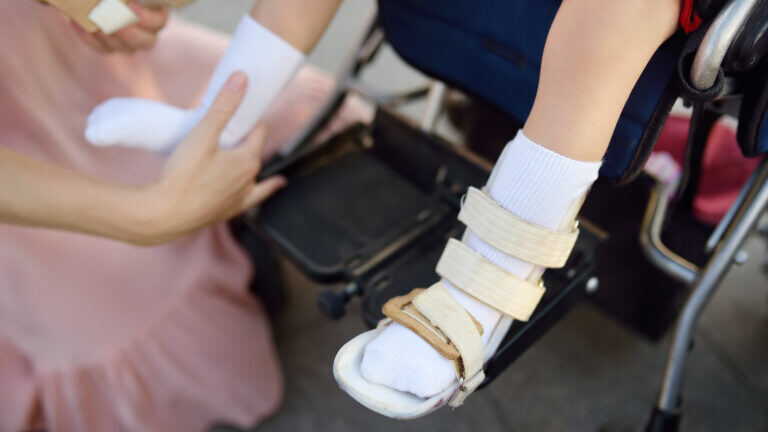first opinion
Two parents call on Congress to help cure pediatric rare diseases

Adobe
Joe and Courtney Dion are the parents of two children living with an ultra-rare form of muscular dystrophy. When their first was diagnosed, they were heartbroken to hear there was no treatment. That news didn’t change by the time they got their family’s second diagnosis.
As many as 30 million Americans live with some type of rare disease — and two in three of those are children. These diseases typically lack any approved treatment, never mind a cure. But it isn’t science that’s standing in the way of solutions — it’s economics, the Dions write. A federal program that incentivizes pediatric rare disease research will expire in September. Without swift action by Congress to reauthorize the program, the difficult task of curing and treating rare childhood diseases will get even harder, the parents argue. Read more.
research
NIH launched a $30 million project to create its first primary care research network
The disconnect between where medical care happens — very often, primary care settings — and where research is — large, specialized academic centers — is a challenge for patients. It’s a problem for clinical trials, too, which fail to capture the country’s real diversity. To change this, NIH just launched a new pilot program to fund a selection of primary care sites and offer them the opportunity to participate in a broad range of clinical studies.
This is the first time the agency has brought research into the primary care setting, and it hopes to learn a lot about it. The sites’ study selection could illuminate the most pressing issues facing the communities they serve — eventually, allowing patients to access even more relevant research opportunities. Read more from STAT’s Nalis Merelli on the promise of the effort, and some potential pitfalls.

